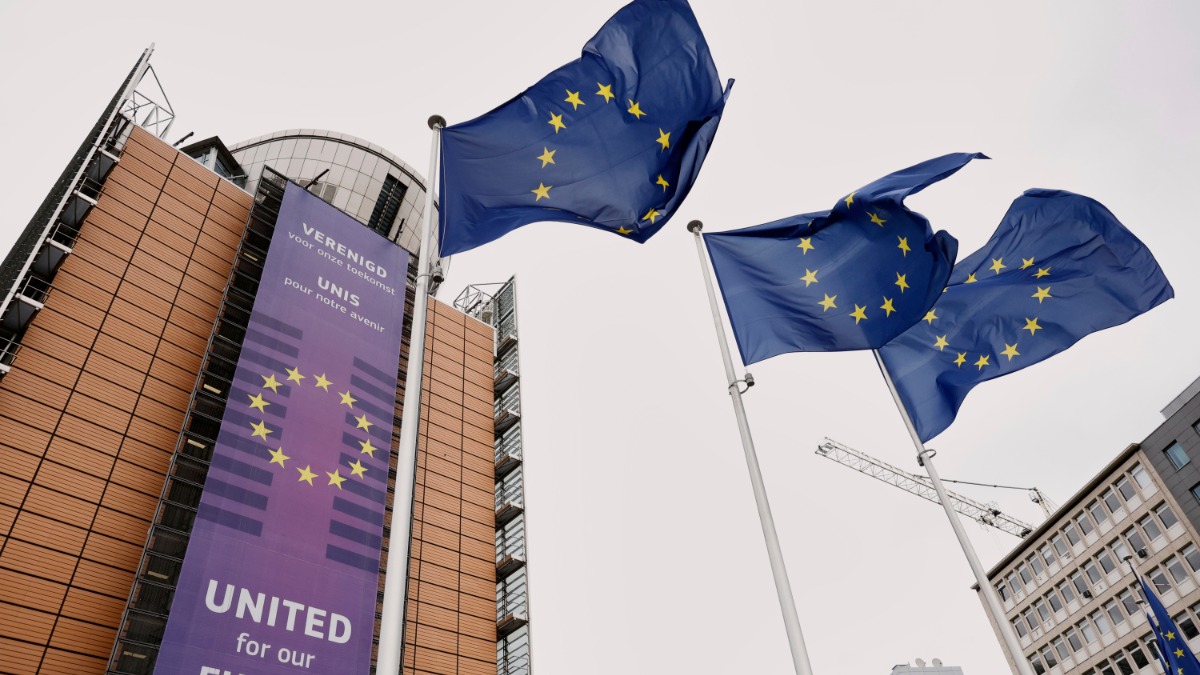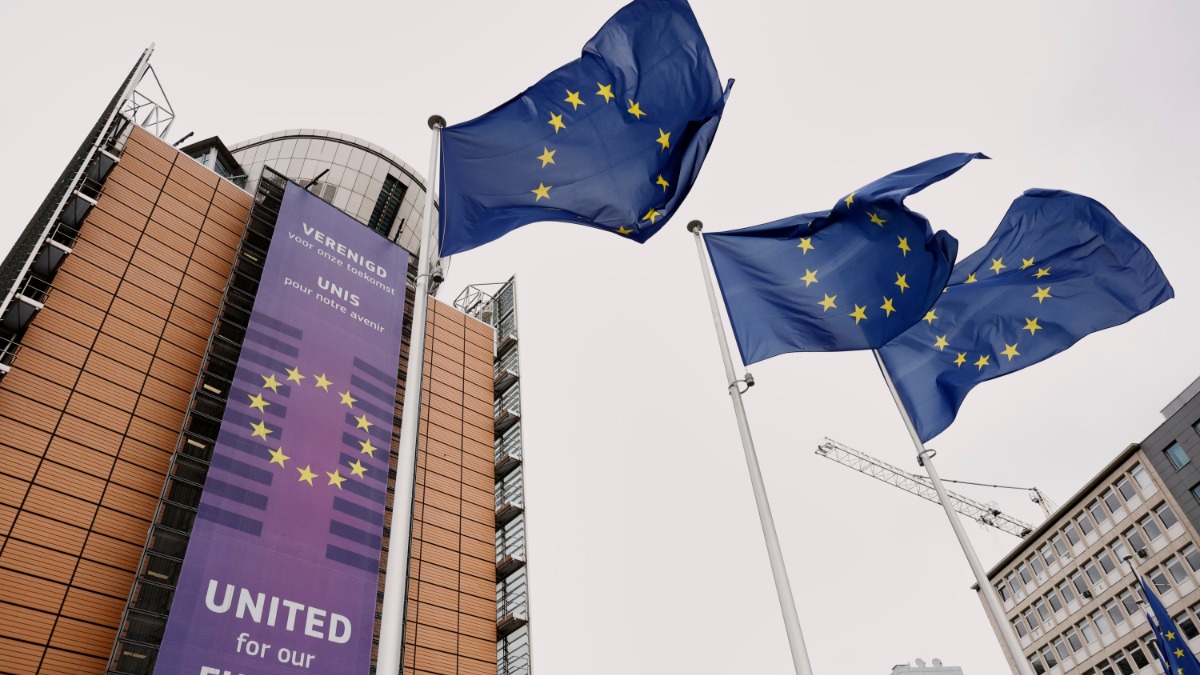EU Summit: Western Balkans at a Crossroads, Ukraine and Russia in the Spotlight
The European Union at the Brussels summit adopted conclusions that clearly show the enlargement process towards the Western Balkans is not dead, but now it is merit-based and reversible. Yes, you read that right – the EU does not promise membership on a silver platter, only if the countries in the region implement the reforms Brussels demands.
Western Balkans: A Long and Tough Game
EU leaders clearly stated they will continue close cooperation with the Western Balkan countries and support their reforms. But remember, the process is “merit-based” and reversible, meaning if Brussels doesn’t like something, it can be withdrawn. So, no guarantees, just conditions and constant pressure.
Montenegro, Serbia, North Macedonia, and others – it’s time to show what you’ve got or keep waiting in limbo. Slovak Prime Minister Robert Fico even blocked new sanctions on Russia due to fears of losing gas supplies, showing how energy issues and geopolitical tensions are intertwined with the enlargement process.
Ukraine: Billions of Euros and Weapons on the Road to the EU
The EU promised Ukraine €30.6 billion in financial aid this year, of which €10.5 billion has already been paid out. Additionally, 26 out of 27 member states supported increasing military aid to Ukraine, including air defense systems, anti-drone systems, and large-caliber ammunition.
European Commission President Ursula von der Leyen stated that Ukraine has met the conditions and deserves to open the first cluster of accession talks. But is this just political theater or a real chance for Ukraine? The EU also called for an immediate ceasefire and an end to the aggressive war, but Russia continues to refuse to budge.
Russia and Sanctions: Drama Without End
A new package of sanctions against Russia was not adopted because Slovakia did not support it due to energy concerns. The EU is seeking measures against Russia’s “shadow fleet” that circumvents existing sanctions, but internal divisions within the EU slow down resolve.
Energy Crisis: Europe on the Brink of an Energy Disaster
The European Council emphasized the need to reduce energy dependence on Russia, ensure supply security, and legal certainty. But the reality is many countries are still held hostage by gas and energy, and solutions are far from simple.
Humanitarian Catastrophe in Gaza and the Middle East
The EU condemned the severe humanitarian situation in Gaza, called for an immediate ceasefire, and lifting of the blockade. European Council President Antonio Costa called the situation catastrophic and a violation of human rights. The EU is trying to engage in dialogue with Israel, but tensions remain high.
What Does It All Mean?
The EU at this summit showed it is still powerful but divided. On one hand, it supports reforms and enlargement; on the other, energy and geopolitical issues slow down resolve. Ukraine receives massive aid, but the war continues. The Western Balkans are in waiting, and Russia keeps playing its game.
Conclusion: The EU – A Big Player with Many Problems
The European Union is like that friend who promises to help you, but only if you do everything right and then some. The Western Balkans and Ukraine are in the spotlight, but the reality is far from ideal. Sanctions, energy crisis, wars, and humanitarian disasters – all show how complex the world is and how much pressure the EU is under.
If you thought the EU was a place where everything gets solved easily, think again. So, what do you think – will the Western Balkans finally get the green light or remain stuck in limbo? Write, laugh, rage – this is your stage!












